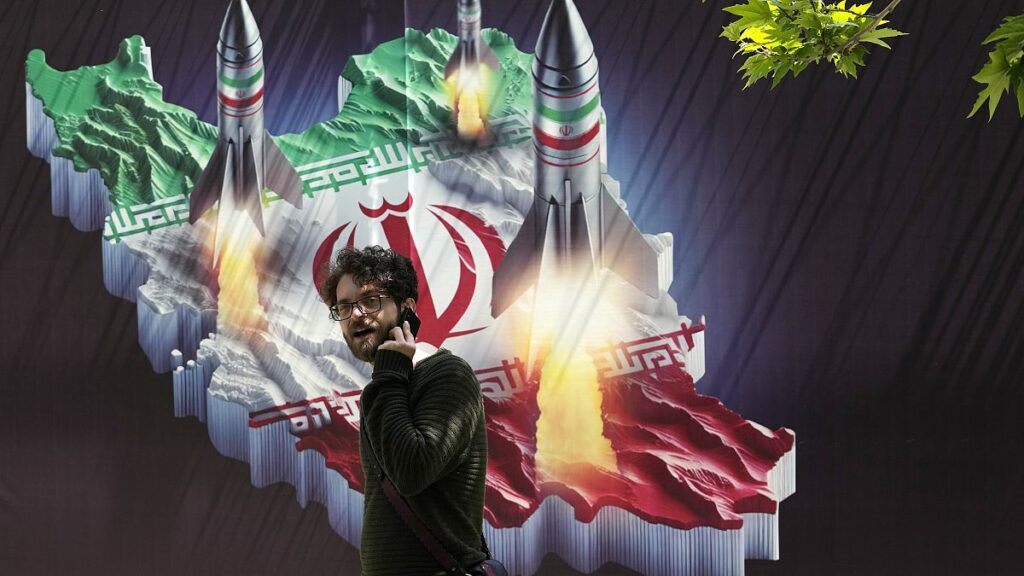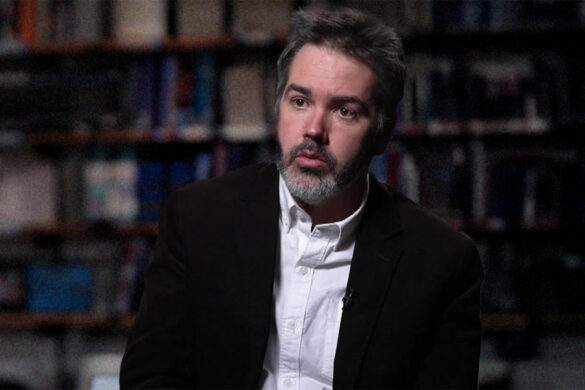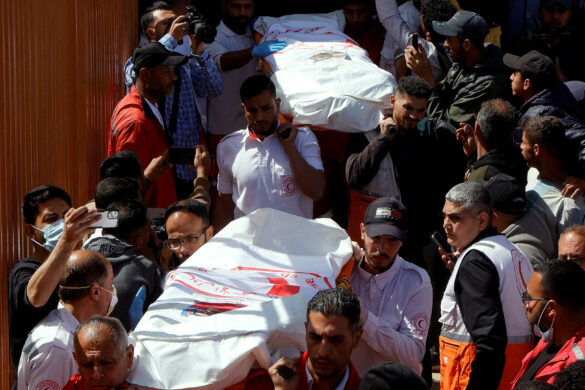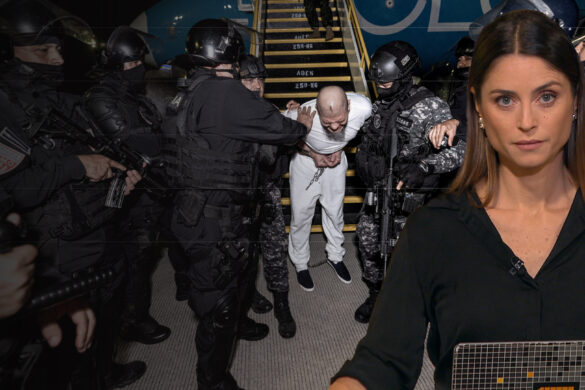Tehran has limited the ability of the United Nations nuclear watchdog to carry out appropriate controls over its nuclear activities and the agency faces a number of other obstacles imposed by Iran.
Rafael Grossi, head of the International Atomic Energy Agency (IAEA), visited Iran to strengthen controls over the country’s nuclear program.
The IAEA is finding it increasingly difficult to monitor the Islamic Republic’s nuclear program, which is advancing rapidly and is exacerbated by tensions in the Middle East linked to the war between Israel and Hamas.
Mr. Grossi has already warned that Tehran has enough uranium enriched to near-weapon levels to make “several” nuclear bombs.
He acknowledged that the agency could not guarantee that none of Iran’s centrifuges had been removed for secret enrichment.
However, the head of Iran’s Atomic Energy Organization said cooperation with the IAEA and adherence to the nuclear non-proliferation treaty “are at the top of the Islamic Republic’s policy and strategy.” .
“22% of IAEA inspections are carried out in Iran. This number of inspections has never been carried out in any country in history.”said Mohammad Eslami.
But, agreeing with officials who have consistently maintained that Iran’s nuclear program was intended for peaceful purposes, he added that Tehran “will develop nuclear technology with determination.
Iran has, however, limited the IAEA’s ability to carry out proper controls over its nuclear activities and the UN agency faces a number of challenges, ranging from Tehran’s inability to explain traces of uranium found at undeclared sites to the exclusion of almost all of the IAEA’s leading enrichment experts.
A historic agreement
The historic nuclear deal, officially known as “joint global action plan“, was signed by Iran and most Western countries, as well as the European Union, in 2015.
This agreement allowed Iran to benefit from sanctions relief in exchange for imposing limits on its nuclear activities, particularly with regard to the degree of uranium enrichment.
But the deal was called into question in 2018 when then-President Donald Trump withdrew the United States from it, calling it “worst deal in history“.
The White House then imposed a series of new sanctions on Iran, adopting a “maximum pressure” campaign to try to force the country to limit its nuclear activities.
This campaign had the opposite effect, pushing Iran further and further away from its commitments under the Joint Comprehensive Plan of Action (JCPOA). Iran has since begun to exceed agreed limits for enriched uranium and has developed new centrifuges.




